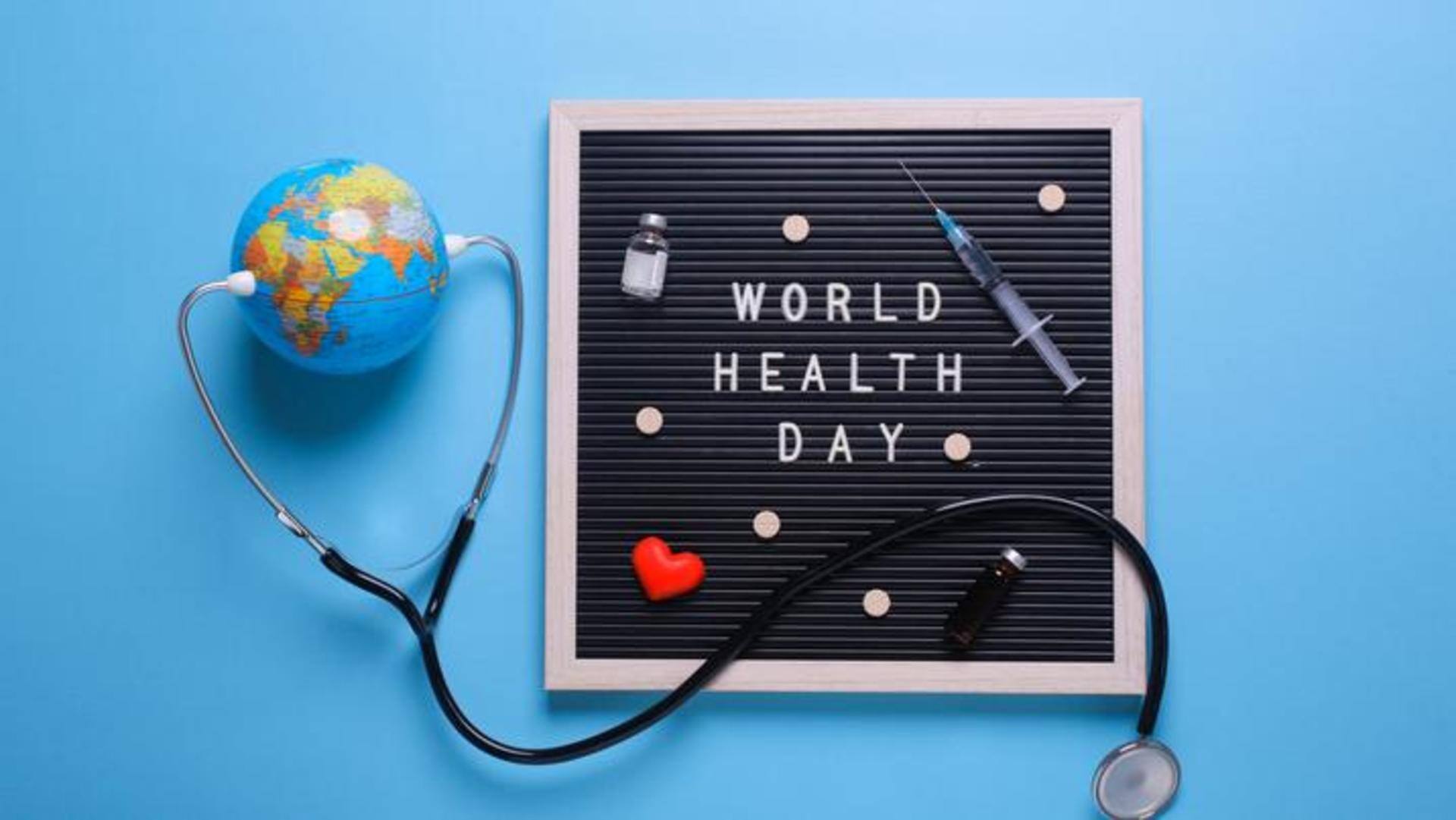
World Health Day 2023: 5 growing trends in healthcare industry
What's the story
Observed on April 7 every year, World Health Organization established World Health Day in 1948 to make people aware of the importance of their health. The day not only aims to spread awareness about the physical and mental health of individuals but also promotes the betterment of the global healthcare system. Here are five trends that have been noticed in global healthcare, lately.
Artificial intelligence
AI continues to transform healthcare
Artificial intelligence and the rising cases of digital solutions have transformed healthcare. According to studies, by 2009, the global AI in the healthcare market could grow to nearly $137 billion. AI helps to accelerate research discoveries and streamline operations. It can automate the work of staff and clinicians. AI also helps health professionals to perform better at their jobs, and treat patients well.
Alternative models
Alternative care systems
Several alternative care models reflect the power and benefit of healthcare outside of hospitals, diagnostic centers, and clinics. Growth in several health provisions and home care expenditures can surpass healthcare spending in several areas of the world. Patient monitoring devices, home-administered drug delivery systems, and various home diagnostic tools are some of the alternative care systems that will support these investments.
Inequalities
Inequalities in healthcare coverage
With the onset of the COVID-19 pandemic, we realized the disparities in healthcare coverage that especially affected children, women, and adolescents. Disruption of essential healthcare services can affect low and middle-income countries. Development in healthcare provisions is needed to close the inequality gaps and make healthcare affordable and reachable to all. The right mix of government policies can help bridge these gaps.
Shortage
Shortage of healthcare workers
The workforce, globally, is already stressed and depressed with work. The pandemic added to the workload of healthcare workers, leading to burnout and exhaustion. Depression and mental health issues have led many healthcare professionals to leave the sector, which also resulted in reduced recruitment. Issues around remuneration and working conditions had also led to burnout of employees, and need to be dealt with soon.
Friction and costs
Macro-economic issues
The friction and costs of the healthcare system may increase gradually due to geopolitical tensions, supply chain issues, inflation, and soaring energy prices. The operations or performance of the healthcare industry can also get impacted due to unemployment and rising interest rates. Climate crises and environmental concerns can trigger many health conditions and other diseases and may bring about more challenges in the system.